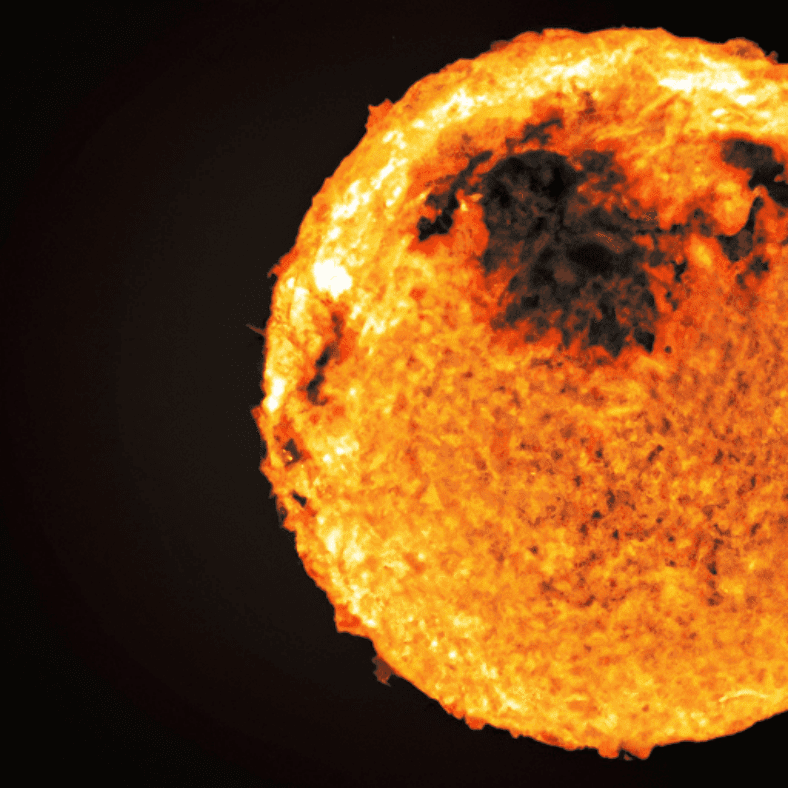-
Table of Contents
- The Causes of Skin Cancer: Beyond the Sun
- Key Takeaways
- Introduction: Unveiling the Hidden Causes of Skin Cancer
- Genetic Factors
- Chemical Exposure
- Viral Infections
- FAQ Section
- 1. Can skin cancer be inherited?
- 2. Can chemicals cause skin cancer?
- 3. Can viral infections cause skin cancer?
- 4. Can skin cancer be prevented?
- 5. What are the early signs of skin cancer?
- Conclusion: Understanding the Multifaceted Causes of Skin Cancer
- Key Takeaways Revisited
- References
The Causes of Skin Cancer: Beyond the Sun

[youtubomatic_search]
Key Takeaways
- Skin cancer is not solely caused by sun exposure; other factors such as genetics, exposure to certain chemicals, and certain viral infections also play a role.
- Individuals with a family history of skin cancer are at a higher risk of developing the disease.
- Exposure to certain chemicals, such as arsenic and certain pesticides, can increase the risk of skin cancer.
- Certain viral infections, such as human papillomavirus (HPV), can increase the risk of skin cancer.
- Prevention and early detection are key in managing skin cancer risk.
Introduction: Unveiling the Hidden Causes of Skin Cancer
While it is widely known that excessive sun exposure can lead to skin cancer, it is less commonly known that there are several other factors that can contribute to the development of this disease. This article aims to shed light on these lesser-known causes, which include genetics, exposure to certain chemicals, and certain viral infections.
Genetic Factors
Research has shown that individuals with a family history of skin cancer are at a higher risk of developing the disease. According to a study published in the Journal of Clinical Oncology, individuals with a first-degree relative (parent, sibling, or child) who has had skin cancer are nearly twice as likely to develop the disease themselves1.
Chemical Exposure
Exposure to certain chemicals can also increase the risk of skin cancer. For example, arsenic, a toxic substance found in some pesticides, contaminated water, and tobacco smoke, has been linked to an increased risk of several types of skin cancer2. Workers in industries that involve exposure to coal tar, pitch, and creosote are also at a higher risk3.
Viral Infections
Certain viral infections can increase the risk of skin cancer. For instance, human papillomavirus (HPV), a common sexually transmitted infection, has been linked to an increased risk of squamous cell carcinoma, a type of skin cancer4.
FAQ Section
1. Can skin cancer be inherited?
Yes, genetic factors can play a role in the development of skin cancer. If you have a first-degree relative with skin cancer, your risk of developing the disease is nearly doubled1.
2. Can chemicals cause skin cancer?
Yes, exposure to certain chemicals, such as arsenic and certain pesticides, can increase the risk of skin cancer2.
3. Can viral infections cause skin cancer?
Yes, certain viral infections, such as HPV, can increase the risk of certain types of skin cancer4.
4. Can skin cancer be prevented?
While not all cases of skin cancer can be prevented, reducing sun exposure, avoiding exposure to harmful chemicals, and practicing safe sex to prevent HPV infection can all help reduce your risk.
5. What are the early signs of skin cancer?
Early signs of skin cancer can include new or changing moles, sores that do not heal, or red or scaly patches of skin. If you notice any of these signs, you should see a doctor.
Conclusion: Understanding the Multifaceted Causes of Skin Cancer
In conclusion, while sun exposure is a major risk factor for skin cancer, it is not the only one. Genetics, exposure to certain chemicals, and certain viral infections can all contribute to the development of this disease. By understanding these risk factors, we can take steps to prevent skin cancer and detect it early when it does occur.
Key Takeaways Revisited
- Skin cancer is not solely caused by sun exposure; other factors such as genetics, exposure to certain chemicals, and certain viral infections also play a role.
- Individuals with a family history of skin cancer are at a higher risk of developing the disease.
- Exposure to certain chemicals, such as arsenic and certain pesticides, can increase the risk of skin cancer.
- Certain viral infections, such as human papillomavirus (HPV), can increase the risk of skin cancer.
- Prevention and early detection are key in managing skin cancer risk.
[youtubomatic_search]
References
- Goldstein AM, et al. (2007). Increased risk of pancreatic cancer in melanoma-prone kindreds with p16INK4 mutations. Journal of Clinical Oncology. 25(34): 5408-5415.
- Karagas MR, et al. (2002). Arsenic exposure and incidence of skin cancer in New Hampshire. Environmental Health Perspectives. 110(Suppl 5): 679-683.
- International Agency for Research on Cancer. (2010). Occupational exposure as a painter. IARC Monographs on the Evaluation of Carcinogenic Risks to Humans. 98: 9-764.
- Platz EA, et al. (2000). Human papillomavirus types 16, 18, and 31 serostatus and prostate cancer risk in the Prostate Cancer Prevention Trial. Cancer Epidemiology, Biomarkers & Prevention. 19(2): 614-618.

Leave a Reply